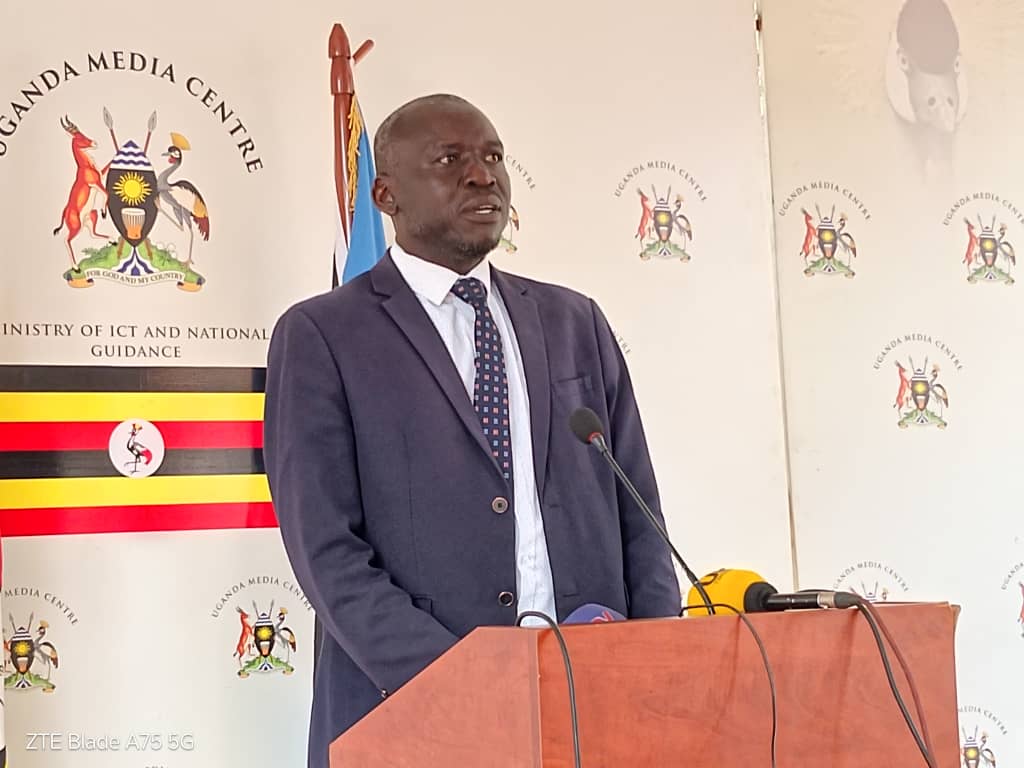Uganda in collaboration with the World Health Organization (WHO) and other partners, has intensified efforts to prevent the cross-border spread of Ebola virus disease.
Enhanced surveillance, screening, and updated contingency plans are being implemented as the Democratic Republic of the Congo (DRC) continues its response to an Ebola outbreak in Kasai Province, now in its fifth week.
The ministry of Health, supported by WHO and partners, recently conducted a risk assessment to evaluate the potential for Ebola to spread from the DRC to Uganda. Using WHO’s standardised approach, the assessment examined the outbreak’s cause, severity, and risk of illness or death, alongside contextual factors such as the outbreak’s location, local economic activities, population movements, the DRC’s response efforts, and the likelihood of importation into Uganda.
The assessment concluded that the overall risk is moderate, with 11 Ugandan districts identified as high-risk areas.
Based on these findings, the ministry of Health, WHO, and partners revised Uganda’s Ebola contingency plan, incorporating lessons from past outbreaks and the country’s ongoing Sudan virus disease recovery efforts.
The updated plan also addresses gaps identified during recent simulation exercises. Enhanced traveller screening has been introduced at 22 points of entry, including Entebbe International Airport, while the Public Health Emergency Operations Centre is on high alert, actively monitoring developments.
The International Organization for Migration is assisting by mapping population movements to better understand potential transmission routes.
“Uganda remains vigilant and proactive. Our strengthened surveillance, updated contingency plans, and trained emergency teams demonstrate our steadfast commitment to protecting public health across borders,” said Dr Charles Olaro, director general of Health Services at Uganda’s Ministry of Health.
In May 2025, Uganda hosted over 50 participants from 13 East African countries for a three-day joint simulation exercise focused on infectious disease outbreak preparedness and response. The training covered case management, water, sanitation, hygiene, infection prevention and control, and logistics.
In July 2025, WHO, with funding from the European Union, supported the ministry of Health in conducting a full-scale simulation exercise to strengthen emergency response capabilities. The exercise involved 75 emergency medical team members and uniformed personnel, simulating the detection, investigation, and response to a localised Ebola outbreak.
Uganda’s most recent Ebola outbreak was declared on January 30 2025, with 14 cases recorded (12 confirmed, two probable), resulting in four deaths and 10 recoveries. Over 500 contacts were monitored, and the outbreak was declared over on April 26 2025. This marked Uganda’s second Ebola outbreak in less than three years.
“Uganda’s swift and coordinated response reflects its extensive expertise in outbreak control,” said Dr Kasonde Mwinga, WHO Representative in Uganda. “WHO will continue to support the Ministry of Health in leveraging this experience to prepare for future threats.”
At a broader level, WHO has assessed the public health risk from the DRC outbreak as high nationally, moderate regionally, and low globally. WHO is collaborating with authorities in 10 neighbouring countries to conduct readiness assessments and develop contingency plans.







